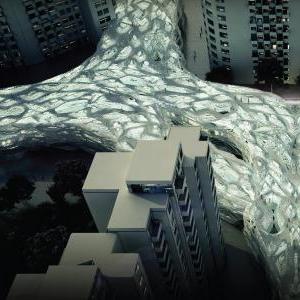
DRL II
Architecture & Urbanism (DRL PHASE 2)
DRLPHASE2This year the DRL concluded the first year of its new design research agenda, titled Behavioural Complexity, which builds on the scenario- and material-based research outcomes of its predecessor, Proto-Design. The work investigates architecture as an instrument of interaction in which social scenarios are coupled with material behaviour and life cycles that aim to open up speculative questions about how we live and the role that architecture can actively play.
To achieve this, behavioural, parametric and generative methodologies of computational design are combined with physical computing and analogue experiments to create dynamic and reflexive feedback systems. The result is the development of new forms of spatial organisation containing adaptive characteristics that are not type- or site-dependent but tested within scenarios of evolving ecologies and environments with the aim of developing novel design proposals concerned with the everyday.
The iterative methodologies of the studio focus on investigations of spatial, structural and material organisation, engaging in contemporary discourses on computation and materialisation in the disciplines of architecture and urbanism.
Possibilities of Behavioural Complexity are explored in four parallel research studios. Theodore Spyropoulos’ studio, Behavioural Agency, explores mobility as a driver for a hybrid infrastructural scenario of autonomous spatial machines as urban prototypes. Semiological Crowds, led by Patrik Schumacher, focuses on the design of parametric prototypes that intelligently vary general topological schemata across a wide range of parametrically specifiable site conditions, such as a campus. Robert Stuart-Smith’s studio, Behavioural Production, explores ideas of autonomy and organisation through the architectural production of matter, energy and information via its event-driven agency in relation to people, machines and the internet. Shajay Bhooshan’s studio, Synthetic Equilibria, explores two avenues of research and knowledge: empirical learning via prototyping of spaces and objects at a human scale and scientific learning through methods and technology from the computer graphics industry.
Director
Theodore Spyropoulos
Founder
Patrik Schumacher
Course Masters
Shajay Bhoosan
Robert Stuart-Smith
Course Tutors
Pierandrea Angius
Doreen Bernath
Mollie Claypool
Ryan Dillon
Apostolos Despotidis
Oliviu Lugojan-Ghenciu
Mostafa El-Sayed
Manuel Jiménez García
Tyson Hosmer
Technical Tutors
Albert Taylor
Edward Moseley
Alessandro Margnelli
Software Tutors
Torsten Broeder
Paul Jeffries
Karoly Markos
Jorge X Mendez-Caceres
Ashwin Shah
Programme Coordinator
Ryan Dillon
External Examiners
David Ruy
Chris William
Invited Critics
Jeff Kipnis
Zaha Hadid
Jim Eyre
Flavio Manzoni
Mark Foster Gage
Michael Hansmeyer
Mark Cousins
Brett Steele

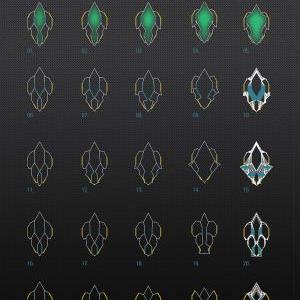
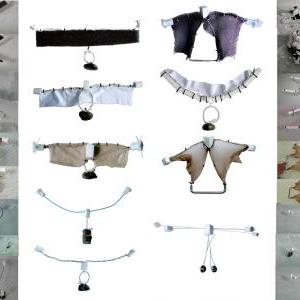

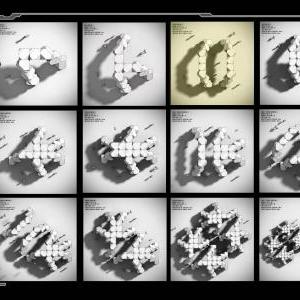

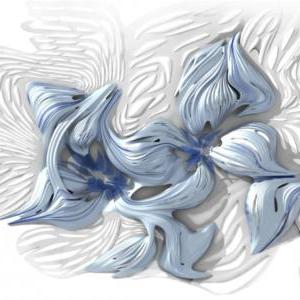

.jpg)
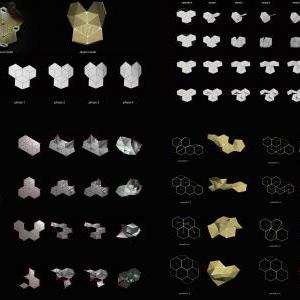
T-camera 3 cropped.jpg)
